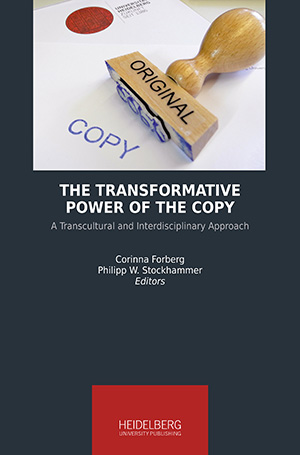How to Cite
License (Chapter)

This work is licensed under a Creative Commons Attribution-ShareAlike 4.0 International License.
Identifiers (Book)
Published
Colonial Appropriation, Physical Substitution, and the Metonymics of Translation: Plaster Casts of Angkor Wat for Museum Collections in Paris and Berlin
Abstract Tales of stolen cultural objects and their restitution regularly generate nationalistic and polemic headlines in newspapers worldwide. However, there is a related practice of colonial appropriation that is slowly becoming the focus of art historical research—the technique of plaster casting. This paper conceptualizes the precise moment around 1900 when French colonial projects in Paris and German initiatives in Berlin commissioned plaster casts of the Cambodian temple of Angkor Wat for display in national museums. This mammoth act of architectural translation included exact copies of the temple’s bas-reliefs as well as entire hybrid building pastiches. Forgotten for decades, these plaster casts are now being rediscovered as the unique transcultural products of a colonial enterprise.
Keywords Translation, plaster casts, substitution, metonymics, Angkor






